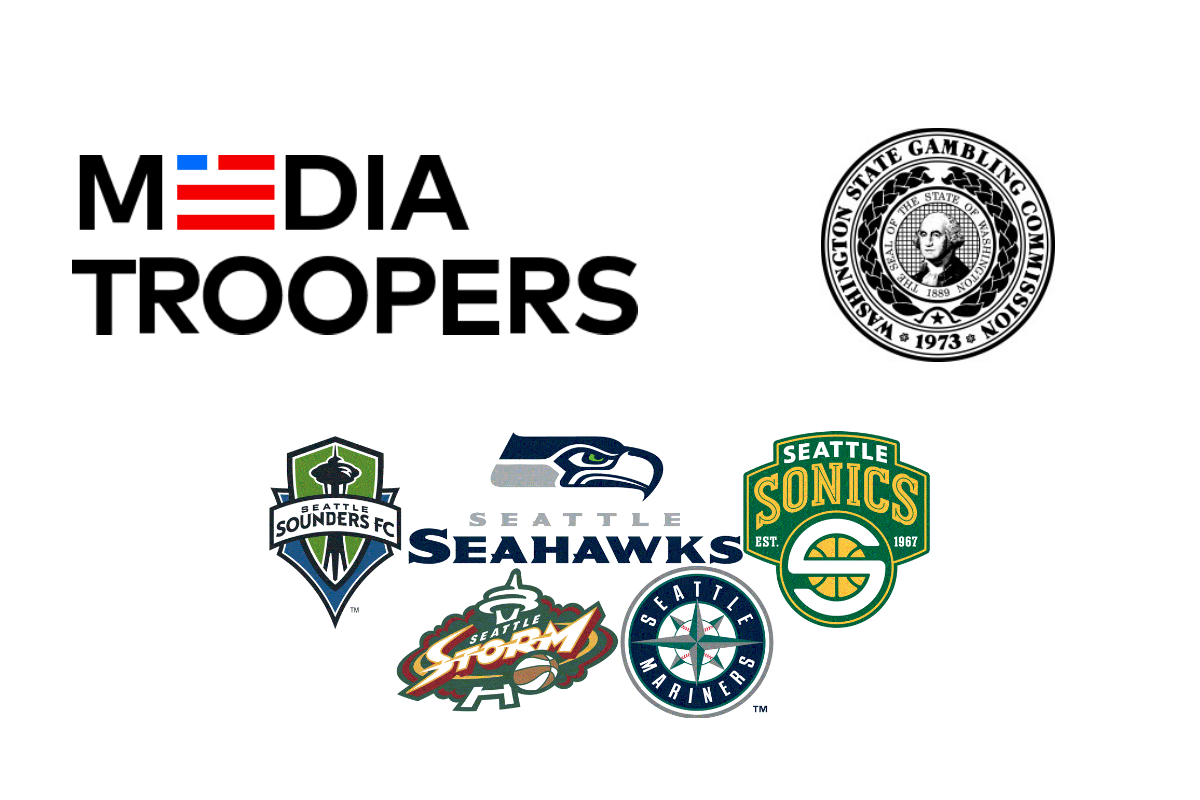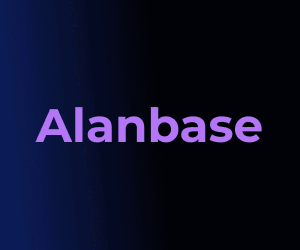Compliance Updates
MediaTroopers Have Obtained All Possible US Revenue Share Licenses
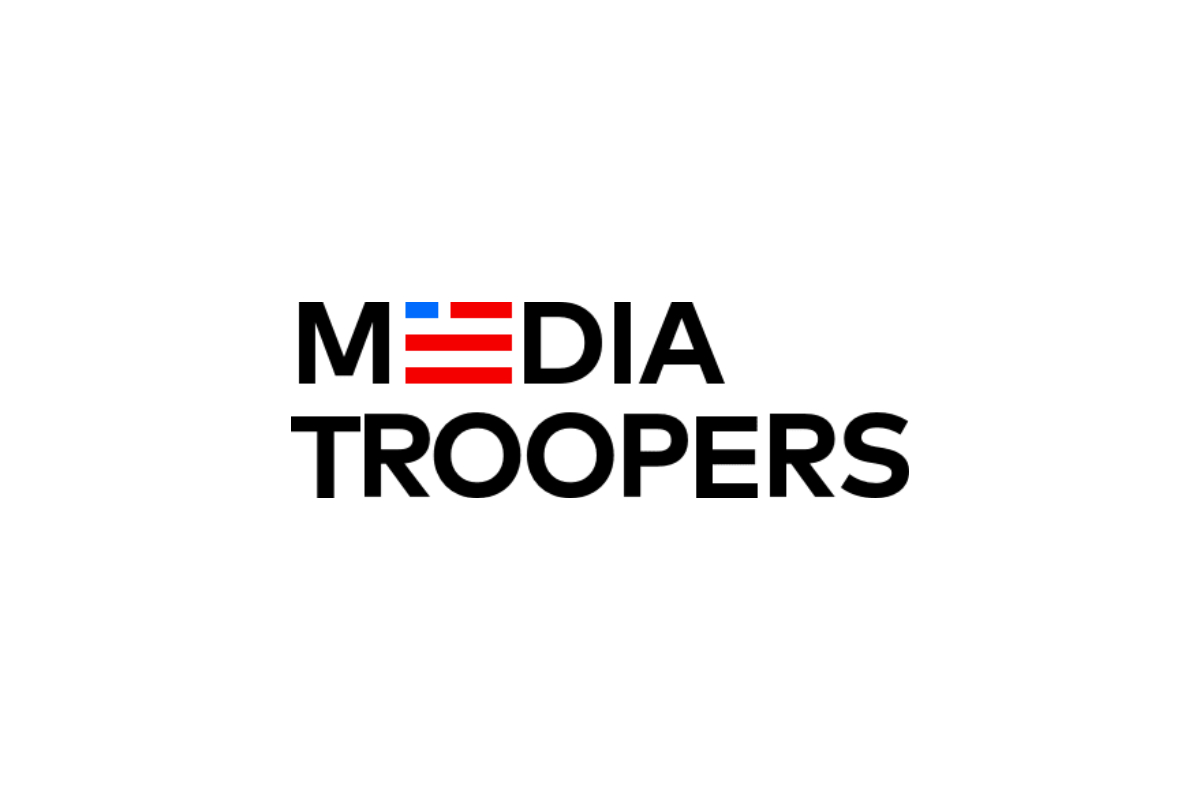
After acquiring revenue share licenses in Colorado and Arizona earlier this year, MediaTroopers has now officially been able to strike a revenue share deal in every possible state in the US. Currently licensed or operational in around two dozen US states, plus Washington DC and Ontario, the company has obtained six revenue share licenses in some of its key states:
- Colorado on January 19, 2023
- Arizona on January 13, 2023
- Michigan on 29 November 2022
- Washington on 1 October 2022
- New Jersey on 16 September 2022
- Pennsylvania on 12 April 2022
Alternatively, in specific jurisdictions where a license is not required on an affiliate level, MediaTroopers can operate on a revenue share basis in six states/provinces. These include Iowa, Nevada, New York, Ohio, Virginia, and Ontario.
The leading digital marketing agency is one step ahead of the rest, leading the way for other marketing companies and affiliates with its revenue share model. In fact, many more are now looking toward the perks and positives of revenue-sharing compared to the old-fashioned CPA model.
When asked about his thoughts on the revenue share model, MediaTroopers’ CEO and Co-Founder, Shmulik Segal, said, “As a digital marketing agency highly focused on the US market, MediaTroopers has invested a lot of time in our licensing procedures and in creating a core presence in regulated US states.”
“With our combined understanding of the acquisition and retention of customers, I believe that the revenue share license is the best way forward. By producing more devoted repeat clients, revenue share standards are ideal for creating better-established online gambling markets around the US.” Segal continued.
What Is a Revenue Share License?
MediaTroopers, a dominant digital marketing agency in the US gambling market, is changing the market’s paradigm of player acquisition by embracing a revenue-share model with its channel partners.
The regulatory authorities for maintaining and overseeing retail and online gambling in several US states enact two different licensing models for affiliates like MediaTroopers. The first is specifically for companies that promote on a CPA (Cost Per Acquisition) basis, and the second is for others who market and advertise on a revenue share basis. As such, to operate legally on both licensing models, organizations will need to obtain two different licenses per state.
That’s exactly what MediaTroopers has already done in six US states and is hoping to do in many more.
Segal said, “Throughout my years in the iGaming industry, I’ve continually opted for a revenue share license, where possible. It’s always been MediaTroopers’ desired licensing model with our partners and the next step for strengthening alliances and long-standing partnerships. Alongside encouraging integrity, a revenue share license generates a shared interest for all parties to work hard, prosper, and commit to quality and return on investment in the long run.”
Unlike CPA and Flat-Fee advertising models that until now were more common in the US betting industry, Media Troopers is expanding campaigns using a Revenue Share model, promoting more transparency, commitment, and quality across the entire marketing funnel.
Yet, when asked about the process of obtaining a revenue share license, Segal noted, “Revenue share licenses are, without a doubt, the most prestigious form of certification one can get in the US. However, they also have a strict licensing process, reaching operator level. The background investigation is much deeper and more thorough than your traditional CPA application.”
He continued, “It takes an immense amount of time and preparation to compile all requirements, not only for the entity but also for the company’s shareholders, too. Generally, such applications can take up to 18 months.”
“As a result of our compliance strategy and responsiveness, we have managed to obtain some in a much shorter period. Overall, we are extremely proud of having such an extensive list of licenses. At the end of the day, they put MediaTroopers ahead of the game.” Segal concluded.
The Benefits of a Revenue Share License
There are unique benefits to both CPA and revenue share licenses. Of course, as the standard licensing model, most affiliates are used to operating under a CPA basis. However, the contemporary and innovative revenue share license allows MediaTroopers to have a mutual liability with its customers. It also showcases the company’s commitment and dedication to operating safely and forming enduring partnerships with operators in several US states.
As MediaTroopers and gambling operators won’t be as busy attracting new customers (who will have varied LTV), the company can spend more time generating more users with longer lifespans. Ultimately, revenue share models make for more sustainable and long-term results.
Compliance Updates
Brazil’s Ministry of Finance Appoints Régis Dudena as Secretary of Prizes and Betting

Regis Dudena, a seasoned lawyer with expertise in Public and Regulatory Law, has been appointed as the new Secretary of Prizes and Betting at the Ministry of Finance in Brazil. Dudena’s appointment ordinance is signed by Rui Costa, Minister of the Civil House.
The new secretary had already been visiting the Ministry of Finance and getting closer to the entire group at the Secretariat of Prizes and Betting, until then led by Simone Vicentini, deputy secretary.
The appointment of the lawyer is attributed to the Executive Secretary of Finance, Dario Durigan. Dario and Dudena worked together at Palácio do Planalto during Dilma Rousseff’s government.
Both worked in the Legal Affairs secretariat of the Civil House. Dudena’s name is linked to other names on the left. He has good relations with Edinho Silva (PT), mayor of Araraquara (SP).
The SPA started operating two months ago. Since then, it had been without a permanent boss. Lawyer José Francisco Manssur, special advisor to the Ministry of Finance who coordinated the regulation of sports betting from the beginning, was the most likely to take on the position. But he was exonerated under pressure from Centrão politicians.
Bets representatives welcomed the name Régis Dudena.
From the beginning, the SPA was under the responsibility of Simone Vicentini, appointed as deputy secretary. Since then, it has edited the ordinances that defined requirements for laboratory accreditation and the sector’s regulatory policy.
Under her supervision, three laboratories have already been approved, GLI, eCogra, and BMM. Last week, the ordinance establishing the rules for payment transactions to be complied with by sports betting and online gaming operators was also published.
Compliance Updates
Arkansas Casino Seeks iGaming Approval
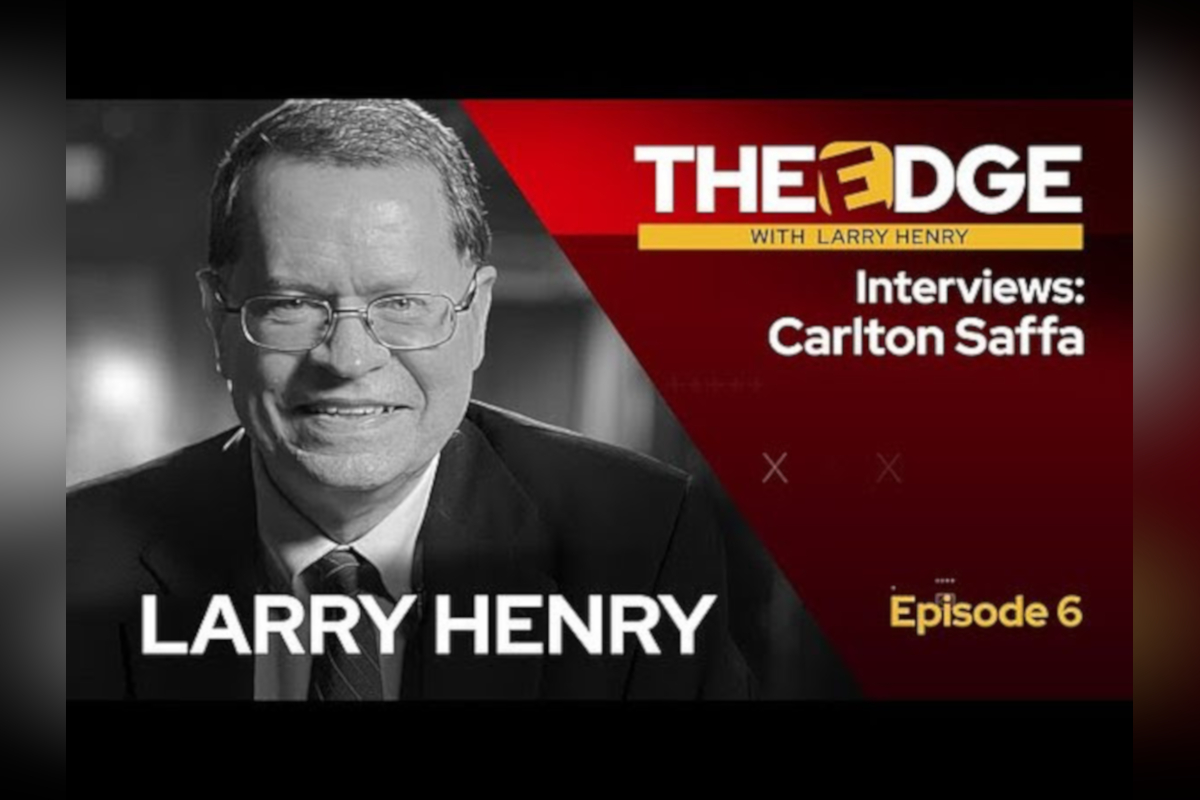
An Arkansas casino is seeking approval to operate an iGaming app, allowing people within the state to go online to play casino games such as slots, blackjack, craps and more.
On March 13, Carlton Saffa, Chief Market Officer for the Saracen Casino Resort in Pine Bluff, wrote to Arkansas Racing Commission Chairman Alex Lieblong asking for a change in the rules to allow Internet casino gambling, which is often referred to as iGaming or iCasino platforms.
On Monday, Saffa told Gambling.com he hopes to appear before the Arkansas Racing Commission on May 6 seeking approval to offer iGaming. The Arkansas Racing Commission regulates all gambling matters in the state including horse racing and casino games.
iGaming Doesn’t Hurt Bricks-And-Mortar Casinos: Saffa
Nationwide, only a half dozen states from Michigan to Connecticut offer Internet casino gambling. Arkansas would be the first in its region with iGaming, permitting users who want to log onto a computer or download an app to play traditional casino games for money. Other states in the region already offer sports betting.
In his March 13 letter to state regulators, Saffa said estimates indicate Internet casino gambling from the Saracen Casino Resort alone would generate an additional $12 million in taxes annually for the state. Internet casino gambling, or iGaming, generally raises more tax revenue than sports betting in states that have both.
However, in some states without iGaming, casino operators have fought legalization, contending customers won’t visit a bricks-and-mortar casinos and spend money at restaurants and on other amenities including entertainment and lodging if they can log onto cellphones or computers and gamble from anywhere. In his letter to state regulators, Saffa pointed to research showing iGaming doesn’t cannibalize bricks-and-mortar casinos but instead gives them ‘a lift’.
State Rule Change Required
Arkansas already allows online poker, though that has not been made available to consumers, Saffa said. He said the ability to allow iGaming would require the Arkansas Racing Commission to amend a rule to include Internet casino games in addition to the currently legal online card games such as poker.
“A solution exists by amending ARC Rule 5, which already authorizes online poker, to include other types of table games and slots,” Saffa told Gambling.com on Monday. “Doing so would provide significant tax revenues to government and, just as important, ensure that operators be held accountable by the government. Given that we have seen online operators in the fantasy sports space ignore cease and desist demands from the state, merely attempting to police the matter is not a workable solution.”
Saffa recently made a similar argument on the topic of unregulated gambling, telling Gambling.com on The Edge he opposes a ban on college player props bets, saying, “Sunlight is the best disinfectant.”
“People in Arkansas are already gambling in online casinos and those companies are not regulated or taxed by the Arkansas Racing Commission,” Saffa said Monday. “Those companies are not held to the standards the people of Arkansas set forth for operators to include that a customer must be 21.”
Compliance Updates
U.S. INTEGRITY AND ODDS ON COMPLIANCE ANNOUNCE REBRAND AS INTEGRITY COMPLIANCE 360
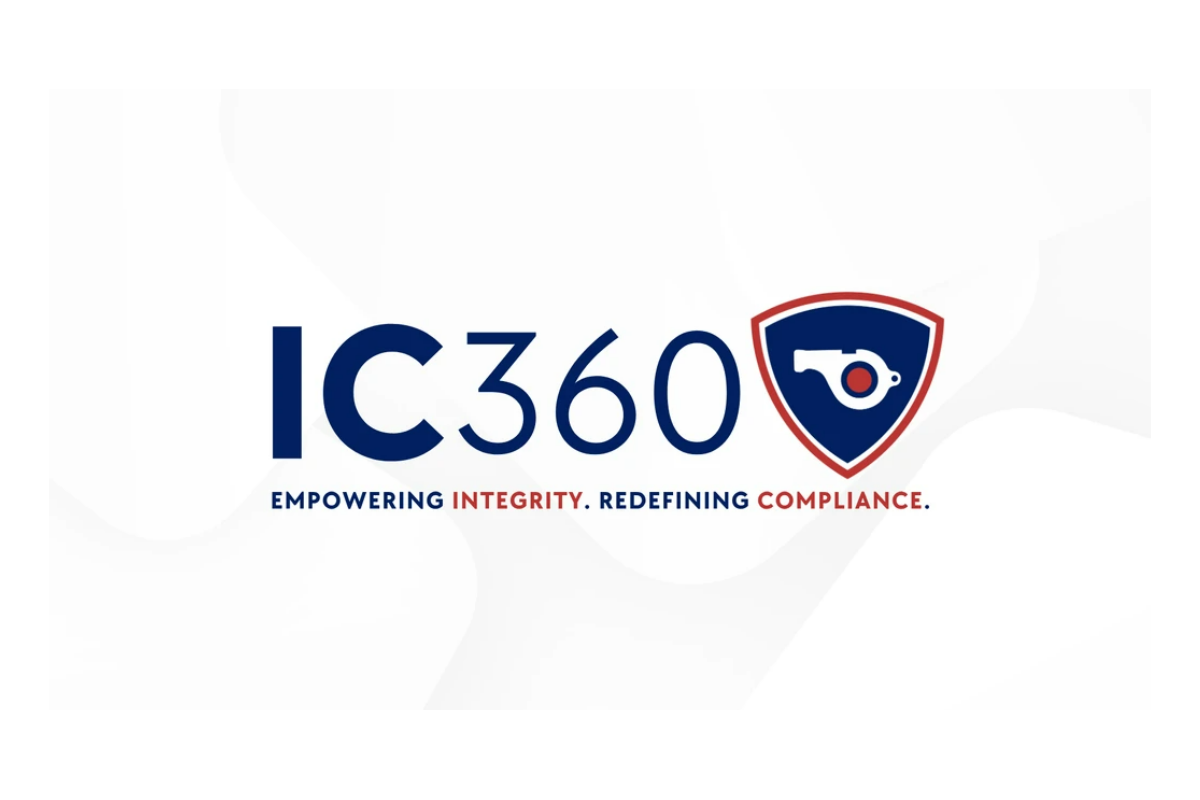
Following the successful completion of their merger, U.S. Integrity and Odds On Compliance Launch IC360, Establishing the One-Stop-Shop Standard for Integrity and Compliance Solutions
U.S. Integrity and Odds On Compliance announced the completion of their merger and the launch of the combined entity’s new name, Integrity Compliance 360 (IC360). The merger cements IC360 as the unequivocal global leader in delivering best-in-class integrity and compliance regtech products and services for the sports betting and gaming sector.
IC360 will leverage the combined expertise, resources, and industry knowledge of U.S. Integrity and Odds On Compliance to continue delivering innovative solutions that empower organizations to achieve and maintain the highest standards of integrity and compliance.
“The coming together of U.S. Integrity and Odds On Compliance represents a strategic alignment of values and a shared commitment to excellence,” said IC360 CEO Matt Holt, formerly CEO of U.S. Integrity. “As IC360, we are dedicated to providing our clients with 360-degree solutions that address their unique compliance challenges, ensuring they can operate with integrity and confidence in today’s complex regulatory environment.”
The strategic unification of these two prominent organizations reflects a commitment to providing unparalleled compliance and integrity solutions in a rapidly evolving regulatory landscape. “Our vision is clear: to help lead our industry forward on compliance and integrity standards, empowering our partners to raise the bar. We believe the IC360 brand represents just that. This is only the beginning of an exciting chapter for Integrity Compliance 360,” commented Eric Frank, President of IC360, formerly CEO of Odds On Compliance. The merger creates a comprehensive and dynamic suite of solutions and services.
IC360’s portfolio of services includes integrity monitoring, compliance advisory, and education, along with established products like the Integrity Monitoring dashboard, a foundational product for monitoring real-time sports integrity issues, PlayBookAI, the robust online repository of sports betting laws and regulations, and ProhiBet, the pioneering solution for ensuring compliance for athletes, coaches, and staff.
“With a comprehensive suite of services and leveraging the collective expertise of U.S. Integrity and Odds On Compliance, this is an evolution of a journey dedicated to setting industry benchmarks and creating a one-stop-shop for integrity and compliance needs,” added Scott Sadin, COO of IC360, formerly COO of U.S. Integrity. “Integrity Compliance 360 looks forward to a future marked by continued growth, impactful partnerships, and a steadfast dedication to the highest standards of integrity and compliance.”
-

 Latest News2 days ago
Latest News2 days agoXpoint Launches Groundbreaking New Capability to Reduce Geolocation Costs for Operators
-

 Latest News7 days ago
Latest News7 days agoOdditt Appoints Elaine Milardo as its New Chief Technology Officer
-

 Latest News7 days ago
Latest News7 days agoBroadcast Legend Mike Francesa Renews Exclusive Partnership with BetRivers
-

 Latest News3 days ago
Latest News3 days agoFBMDS, Planet Invest and EverPlay Score a Fantastic Goal in a Revolutionary Partnership Involving Ronaldinho Gaucho
-
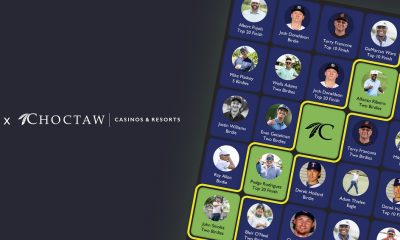
 Latest News6 days ago
Latest News6 days agoLow6 partners with Choctaw Casinos & Resorts to deliver new interactive game
-
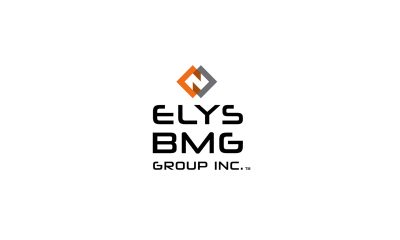
 Compliance Updates7 days ago
Compliance Updates7 days agoElys BMG Group Announces Approval for The Ugly Mug Sportsbook in Washington, DC.
-

 Latest News6 days ago
Latest News6 days agoPlaza Hotel & Casino to celebrate summer with Friday night fireworks
-

 Latest News7 days ago
Latest News7 days agoScientific Games Commemorates Official Ribbon-cutting for Advanced Instant Scratch Game Production Technology at Global Headquarters








